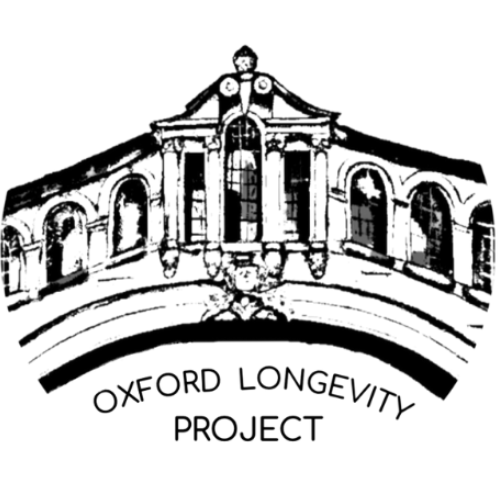Understanding ageing
Dear Readers,
As we come to the final theme in our Live Longer Better series, we turn to an overarching topic: Understanding the part that ageing, the normal biological process, plays in how we are in our 60s, 70s, 80s, and 90s.
For generations, ageing has been misunderstood. It has too often been seen as a slow and irreversible decline, something to be feared or resisted. The word itself has gathered negative connotations, closely linked with disease, dependency, and frailty. Yet this view is both inaccurate and unhelpful. In reality, ageing is simply a biological process that begins at birth and continues throughout life. This normal biological process does have effects: it reduces maximum ability – the maximum heart rate, for example – and it reduces resilience, the ability to respond to a challenge such as a stumble or a change in temperature or a period of inactivity. But on its own, the ageing process does not cause major problems until the nineties. The problems often blamed on ageing – frailty, dementia and falls – are in fact caused by three other factors: loss of fitness, disease, and the environment.
Understanding ageing means shifting our mindset. It requires us to see later life not as a period of inevitable decline, but as a new stage of growth, contribution, and opportunity. When we take this view, we realise that we can influence how well we live for longer, not just how long we live. Living longer better is about knowledge, action, and attitude.
With the right understanding, and keeping the key principles of living longer better in mind, we can all make choices that help us stay fitter, healthier, and more connected - not just for our own benefit, but for the benefit of our families, communities, and society as a whole. This is the new mindset based on the best current science.
Sir Muir Gray
OLP Board Member
